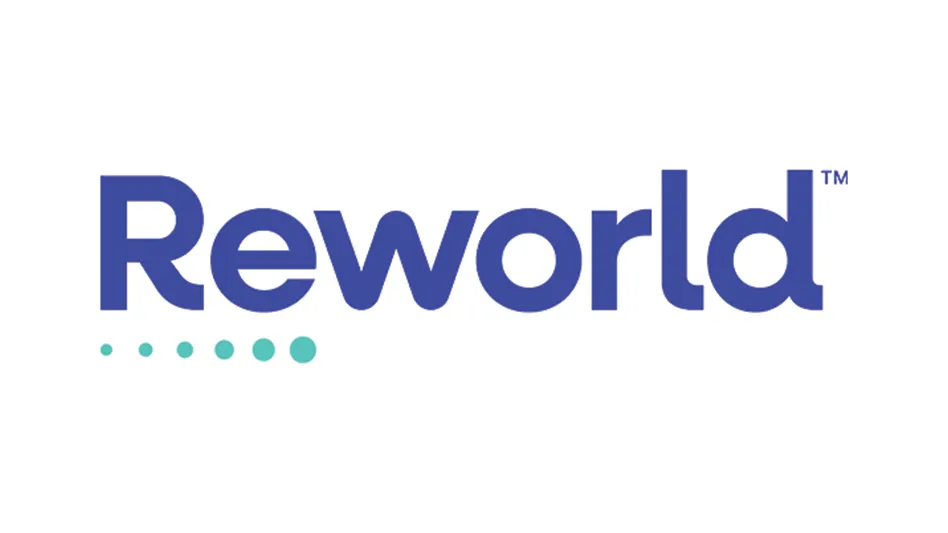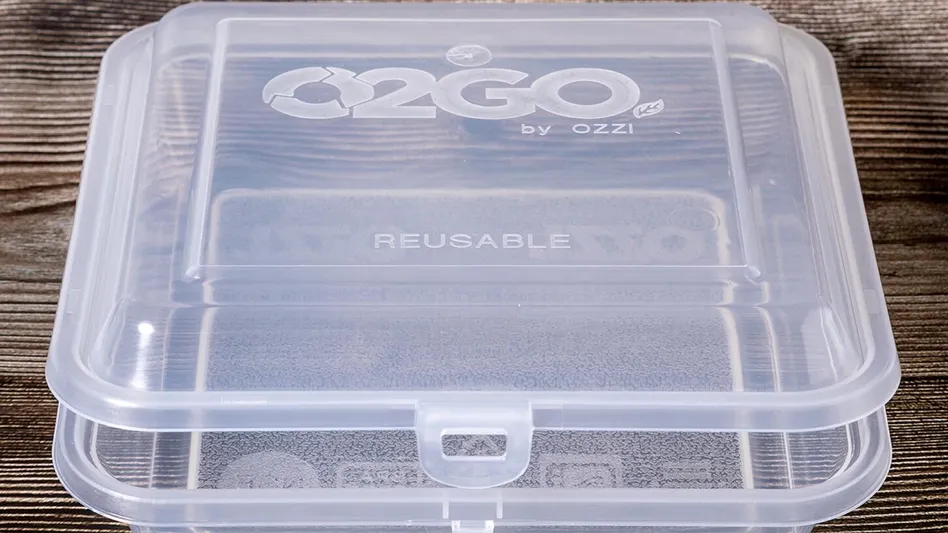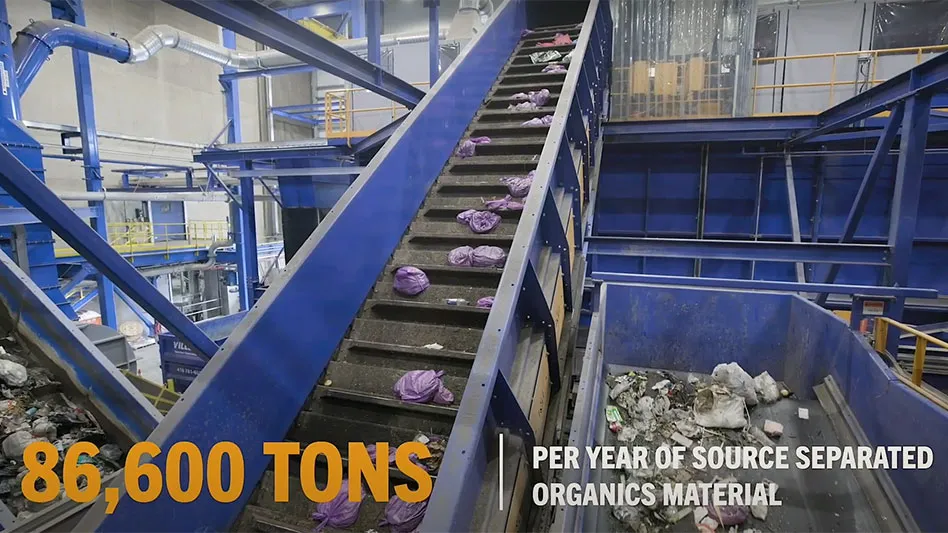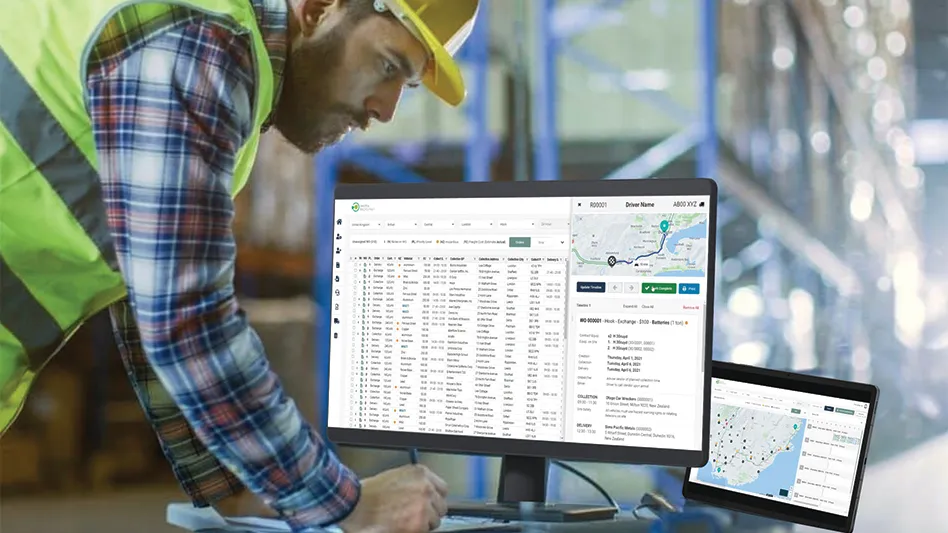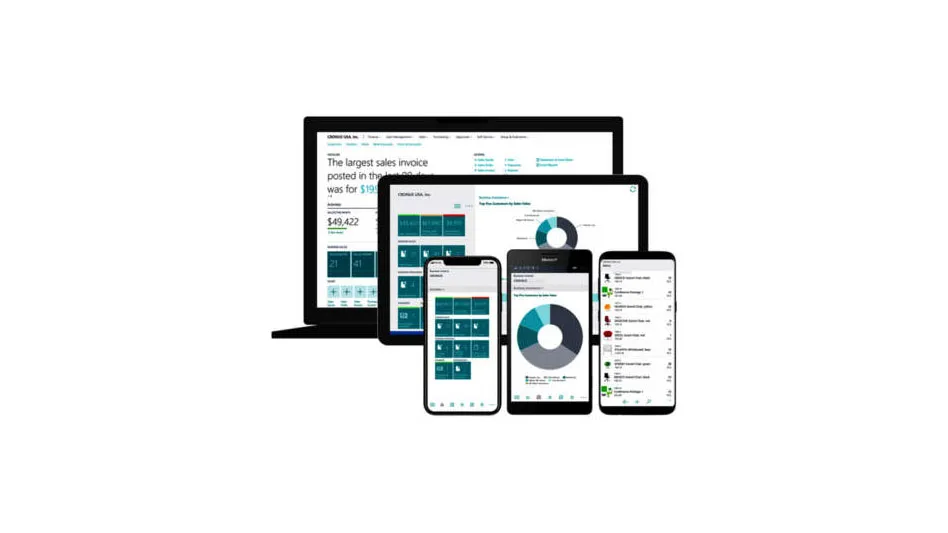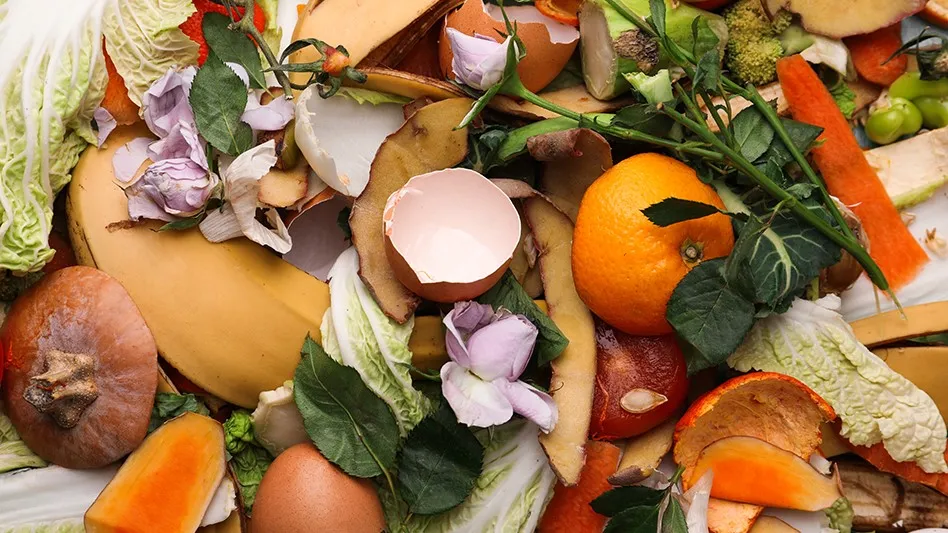
© New Africa | stock.adobe.com
The Washington-based Foundation for Food & Agriculture Research (FFAR) has awarded a $308,171 Seeding Solutions grant to the University of Tennessee Institute of Agriculture (UTIA) to develop and execute a food-waste Decision Support System (DSS) to enable city planners to evaluate waste reduction solutions and technologies. According to a news release from FFAR, matching funds were provided by Metro Nashville, Resource Capture, UTIA and Urban Green Lab for a $616,378 total investment in the university’s food-waste DSS.
“Landfill waste creates many problems around land use, health and environmental concerns, especially in urban areas,” says John Reich, FFAR scientific program director. “This research is making it easier for communities to cut down landfill waste and reuse a significant portion of waste for beneficial purposes such as composting.”
FFAR reports that UTIA researchers are developing the DSS, which will allow partners, city planners and community leaders to determine best options for identifying and scaling food-waste redirection, composting and use of compost using a model that can easily apply to other cities. UTIA researchers are working with partners to initiate a pilot composting facility, collect data and conduct field trial composting to inform DSS and educate the community on composting processes and technologies.
“These past couple of years of shortages and high prices has shown the importance of turning local waste into quality compost to grow food with less external inputs,” says Chad Hellwinckel, principal investigator and research associate of agricultural economics at the University of Tennessee. “But it can be confusing for cities to know where to begin. Our model will help by laying out the costs and benefits of the range of available composting technologies and scales before them.”
FFAR says the DSS will help communities to make better decisions on reducing food waste from going to landfill as well as reducing greenhouse gas emissions.
Latest from Waste Today
- Kent County, Michigan, opens new transfer station
- GFL reports revenue increase in first quarter
- Bioenergy Devco honored at SEAL Awards
- AMCS showcasing Performance Sustainability Suite at WasteExpo
- New Way and Hyzon unveil first hydrogen fuel cell refuse truck
- NWRA honors award recipients during annual breakfast at WasteExpo
- Rubicon selling fleet technology business, issuing preferred equity to Rodina Capital
- Machinex to feature virtual tour of Rumpke MRF at WasteExpo
